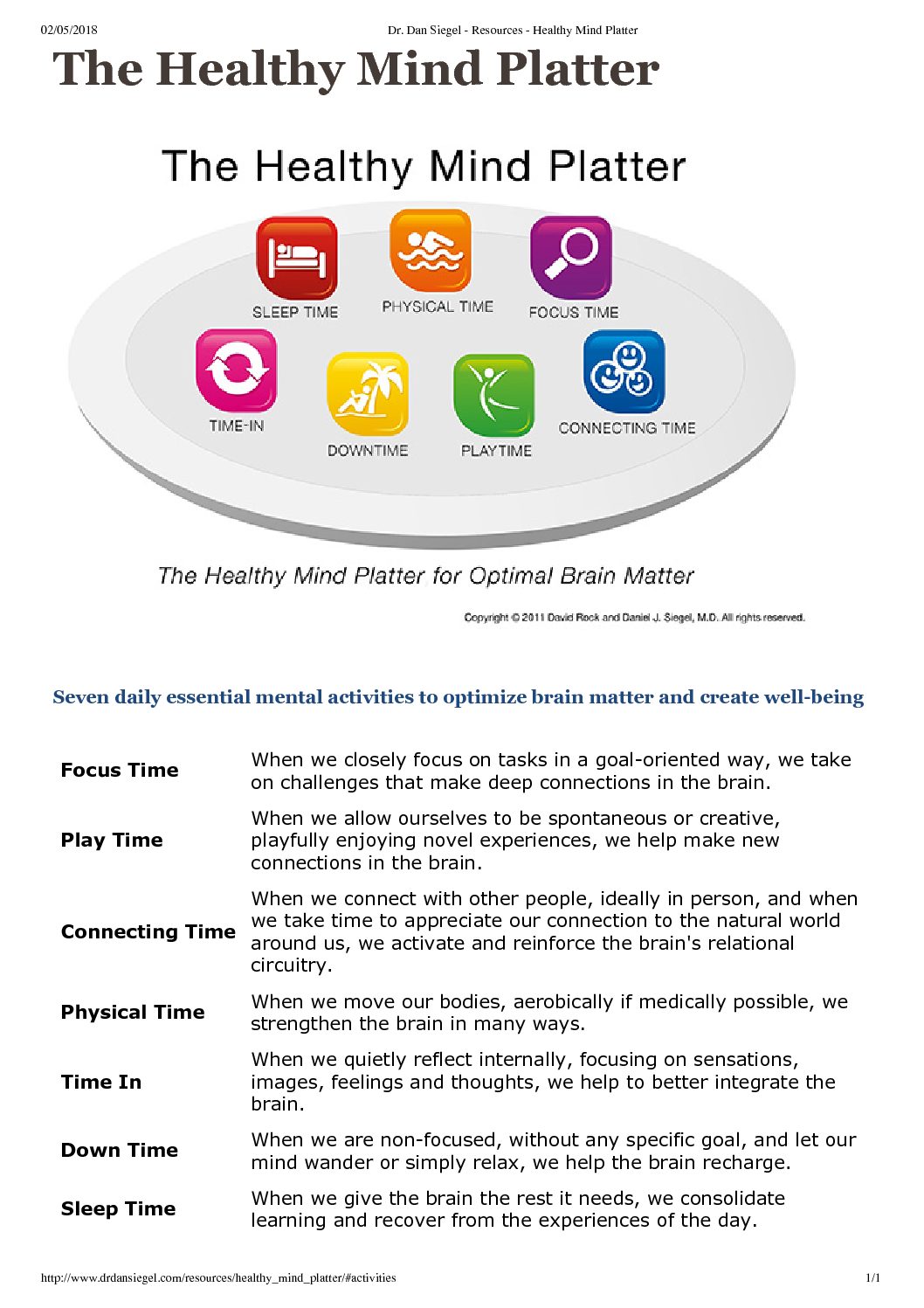What to Expect When Visiting a Psychologist

Psychologists help all sorts of people to live happier, healthier and more productive lives. People often attend the psychologist when they are experiencing a hard time but learning some of the principles taught by psychologists is a useful life-skill to attain regardless.
They can help you work through your problems by allowing you to talk openly with someone who is objective, neutral and nonjudgmental. They don’t offer solutions or advice for your practical problems but rather help guide you to find the solutions for yourself. You might learn new strategies to manage uncomfortable thoughts and feelings to lessen their impact on your life.
It’s a Personal Choice
Choosing a psychologist is a personal choice. There are many approaches to therapy. If after a few visits you are not finding the sessions useful please don’t give up on the process. Talk to your psychologist or the GP who referred you to consider a different approach or a different therapist.
How They Can Help
A big part of what psychologists do is to help identify and change unhelpful thought and behaviour patterns that are keeping you from feeling your best and help build your coping techniques & mental resilience. Here are some strategies you might expect to learn;
Mindfulness & Unhelpful thoughts
Using a model to understand how your brain works can help you process uncomfortable thoughts and feelings differently and lessen their impact on your life. Think of your brain as a primitive warning system for danger. It broadcasts warning messages all day, every day and it can’t be turned off. It’s designed to be overly sensitive; if you miss one sign of danger a dinosaur might eat you: if you sense danger where there is none, you come to no physical harm. This system works well for protecting you from dinosaurs, but many of the dangers we perceive in modern life are no psychological & emotional and often the warning messages we receive from our brain are not helpful. For example, if your brain warns you that; “nobody likes you”, it’s only trying to be helpful and protect you from physical danger but this is not a helpful suggestion.
Learning to recognise the difference between helpful and unhelpful thoughts can very much help you cope. The idea is not to fight or suppress unhelpful thoughts but to lessen their impact on you by accepting them for what they are (unhelpful suggestions from your brain) and emotionally distancing yourself from them. For example, you could say to yourself “I am just having the thought that nobody likes me”, or ironically saying to yourself “thanks brain for warning me that nobody likes me” makes these thoughts less overwhelming.
Learning to slow down and recognise helpful and unhelpful thoughts takes practice. Regularly practising mindfulness can help train this important skill. Mindfulness simply means to take notice. You can begin to practice with exercises that are a bit like meditation. The exercises involve concentrating on something like your breath. While paying attention to your breath your mind will inevitably wander (often to negative thoughts). The purpose of the exercise is not to stop your mind wandering, but to simply NOTICE that your mind has wandered and to bring your focus back to your breath. Here are some apps that can help you learn these skills;
- Smiling Mind; (free)
- Headspace; (some costs)
- The Sleep School; (free)
- ACT coach. (free)
Once you’ve practised these exercises, you can apply mindfulness to many activities in your daily life, for example brushing your teeth mindfully, cooking, working or doing homework mindfully.
When you are mindful that your brain is broadcasting unhelpful negative thoughts, you can bring your focus to something else like your breath or a task that you are performing.
Living a fulfilling life
Living a full & meaningful life involves experiencing the full range of emotions both positive & negative. Negative feelings are not abnormal or an illness. In order to be ‘happy’ we often try to get rid of or avoid unhappy thoughts, but the harder we try, ironically the more they affect us.
Another approach is to spend some time identifying what things are really important to you in life and striving towards these through your choices and actions. Sometimes you have to be prepared to endure some discomfort in order to attain this. Building a meaningful and fulfilling life can lessen the impact of your problems.
Getting ‘unstuck’
Sometimes the challenges we face in life overwhelm us, particularly when we can’t see our way out of problems. Often in this situation, for various reasons, our brains are not functioning optimally to find solutions for ourselves. Psychologists can help you analyse the situation in different ways or teach you new ways think about your problems so that ultimately you can find the best solutions for yourself.
Self-Help Books
Some people find reading self-help books useful. Obviously, this cannot replace a direct interaction with a psychologist but can help reinforce what you learn or be used as pre-reading. The Happiness Trap by Dr Russ Harris is one such example that is based on the above principles.
Please see your GP or psychologist for further help.
















1 Response
[…] a recent post I described what you might expect when you see a psychologist; now I would like to take you through how that process can be made more affordable for […]